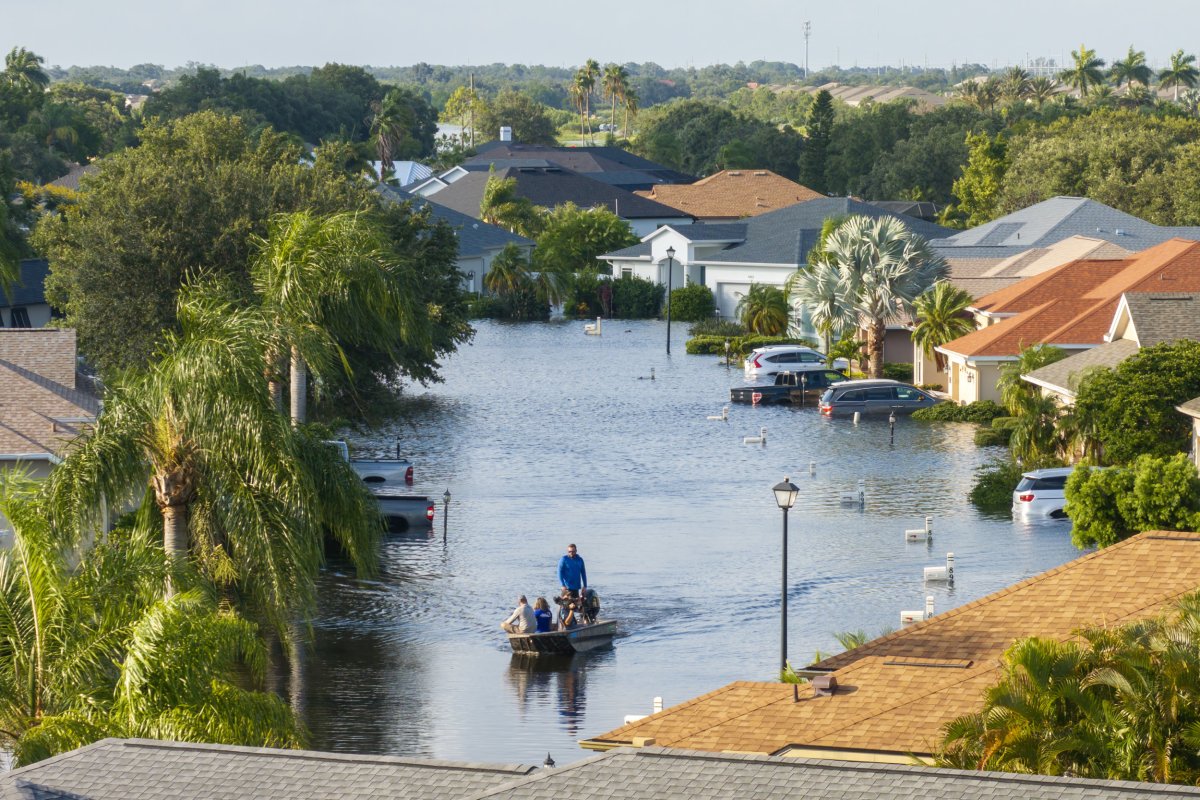The Growing Burden of Property Insurance
Property insurance costs are becoming increasingly unaffordable for millions of Americans, transforming what was once a regional issue into a nationwide crisis. Homeowners across the country are facing double-digit premium hikes, while others are struggling to find coverage altogether. The situation has become so dire that major insurers have pulled out of states like California and Florida entirely.

Between 2019 and 2024, average homeowners insurance premiums rose by 45%. This increase is compounded by rising housing costs, high mortgage rates, and increasing home values, which have climbed by over $100,000 since 2019. For many households, property insurance is no longer just a budget line item but a matter of financial security versus financial ruin.
The consequences of unaffordable property insurance are far-reaching. Renters are not immune to these rising costs, as higher premiums affect multifamily housing developers, exacerbating the rental housing shortage and driving up rents. Affordable housing operators face an even more dire situation, forced to cut operating expenses, delay improvements, or reduce insurance coverage, putting both residents and buildings at risk.
A Call to Action for Washington
To address this growing crisis, the federal government must step in. First, Congress should support efforts to reduce disaster-related risks by strengthening incentives for states and cities to adopt resilience measures. This includes fortifying homes against natural disasters like wind, hail, flooding, and wildfires, which can lower costs for both property owners and insurance companies.
Second, the federal government should expand access to disaster risk data. Timely and accurate information can help property owners make informed decisions about where to build, how to build, and what coverage to purchase. This will require coordination among federal agencies, state insurance commissioners, private insurance companies, and other stakeholders to improve data collection and promote informed choices.
Finally, the government must strengthen support for affordable housing providers, who cannot pass on higher costs to residents. The Department of Housing and Urban Development has taken initial steps, such as raising allowable deductibles and adjusting rent calculations to reflect rising property insurance costs. Making these changes permanent and building on them is crucial.
Rising property insurance costs are no longer just a regional problem but a national concern that demands bipartisan action. With the right measures, Congress and the administration can help stabilize the property insurance market and protect both homeowners and renters from financial devastation.


